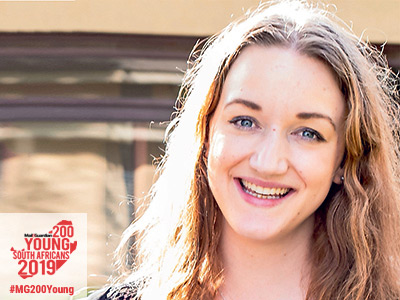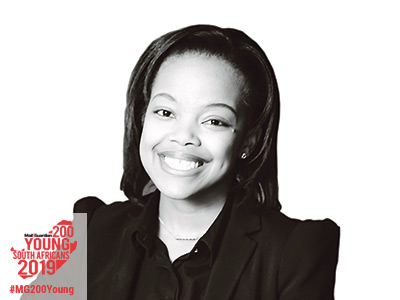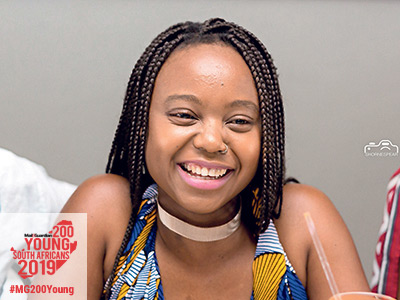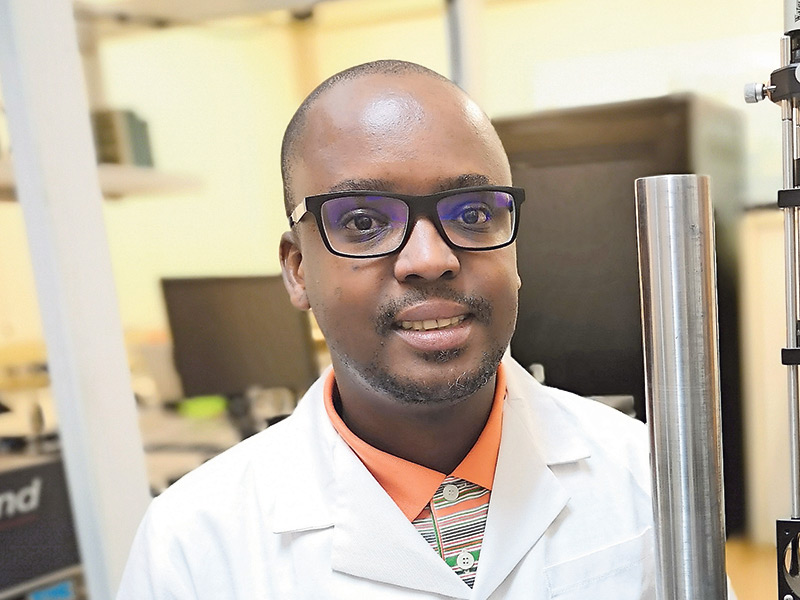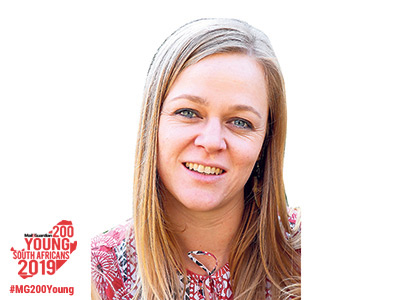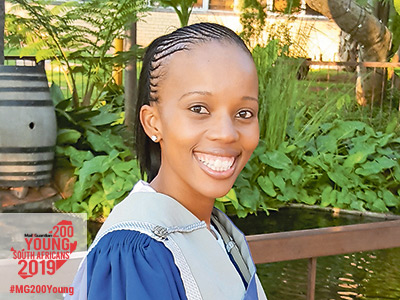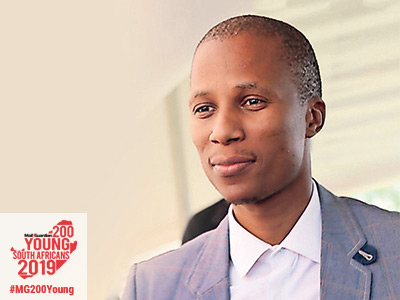Kentse Radebe has been instrumental in opening up access to mental health care in South Africa for those who need it most. “In my current role as executive director of the Sacap [South African College of Applied Psychology] Foundation, I’m working on broadening access to mental health care services and also focusing on adolescent mental healthcare, which is severely underserved in South Africa,” she says.
“In South Africa, there’s a dire lack of mental health services — particularly at the community and primary health care levels. Through my work, I am invested in developing solutions that close the mental health equity gap by making mental health accessible and affordable.”
On a practical level, this has meant establishing a place in which South Africans can access the counselling and mental healthcare that has for too long been the preserve of the privileged. “Through my work, I have been involved in developing a community level mental health intervention, the Counselling Hub in Cape Town. It provides affordable mental healthcare services, working with student interns and professional volunteers.”
The Counselling Hub delivers basic mental healthcare services at R50 for a counselling session. It aims to provide clients with the tools they need to deal with everyday life crises, at a rate that’s significantly more affordable than mental healthcare usually is. Radebe’s work in this space has been influenced by her involvement in the Atlantic Fellows for Health Equity programme during 2017 and 2018, for which she was selected as a Global Fellow and had the opportunity to collaborate on the development of scalable programmes with the potential to produce positive health outcomes.
Next up for Radebe? Breaking down more barriers, and ensuring that conversations about mental health spread even further and wider. “I’m currently involved in developing a podcast that explores the social determinants of mental health and advocates for a public narrative that reduces the binary and pathology focused perspective of mental health in South Africa,” she explains. – Cayleigh Bright
Twitter: @Kentse_radebe

